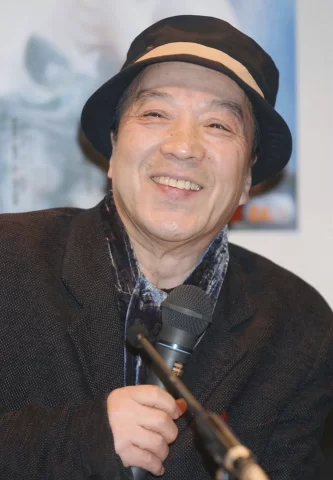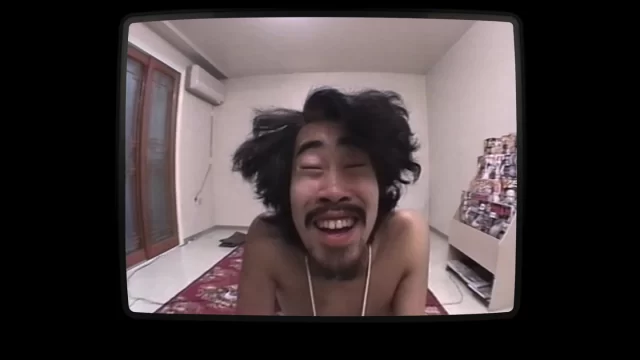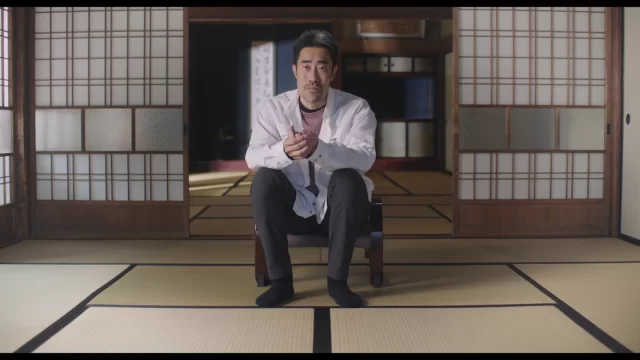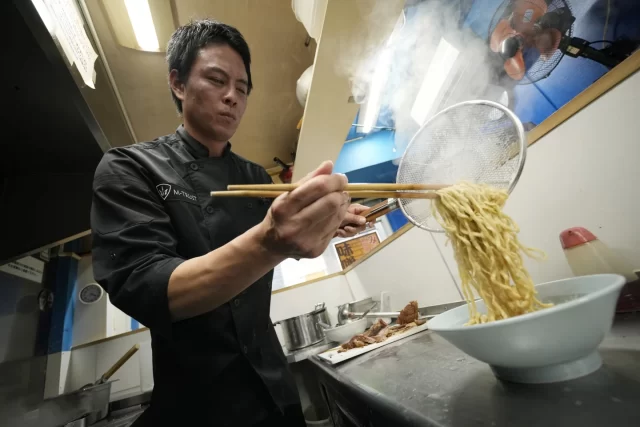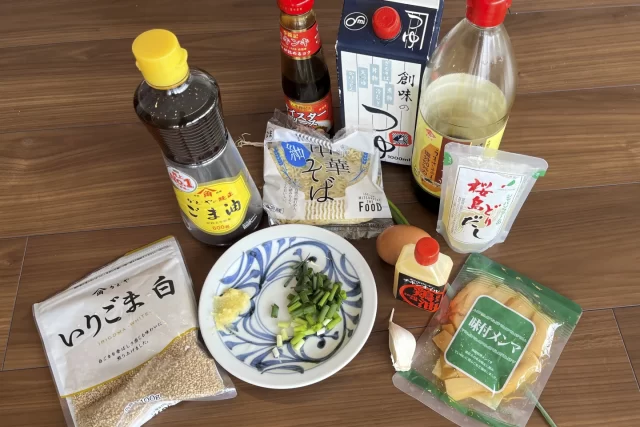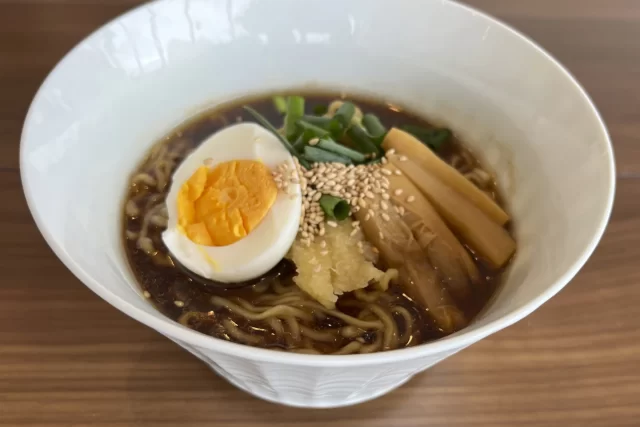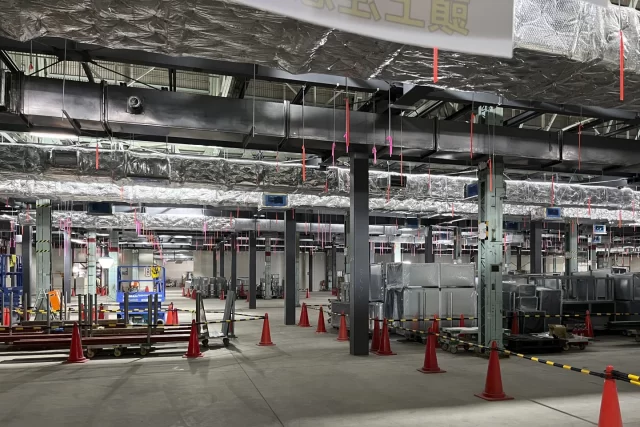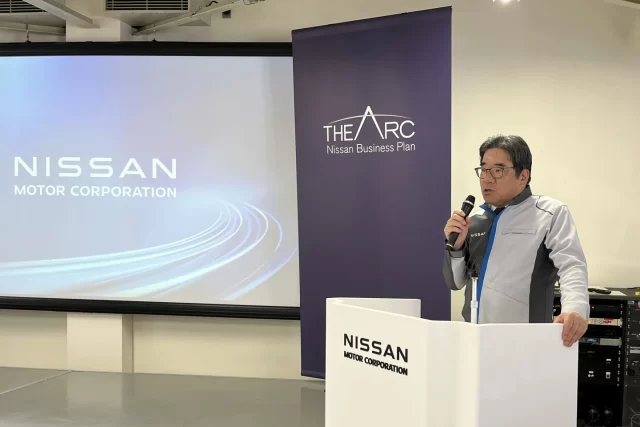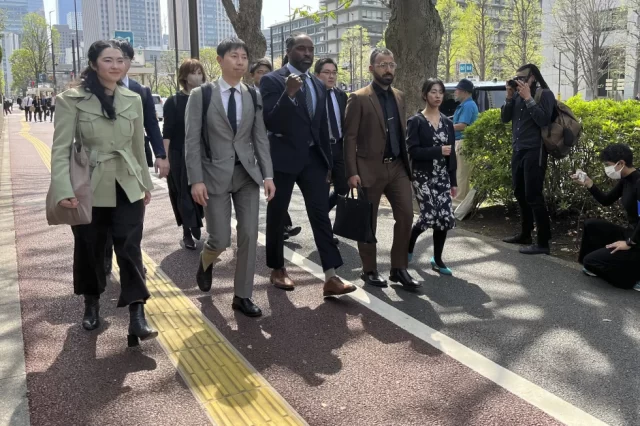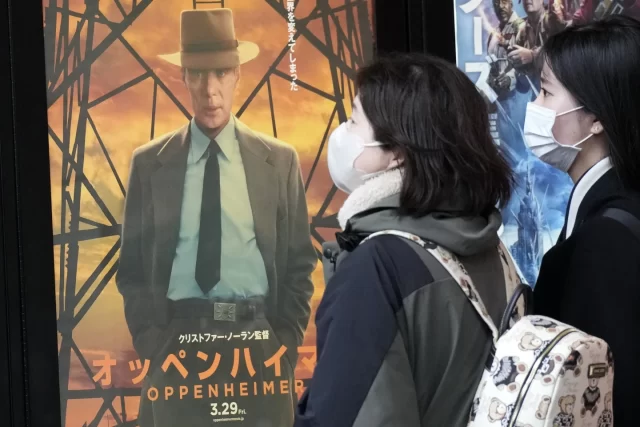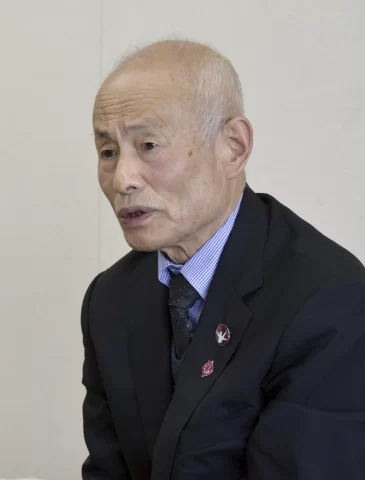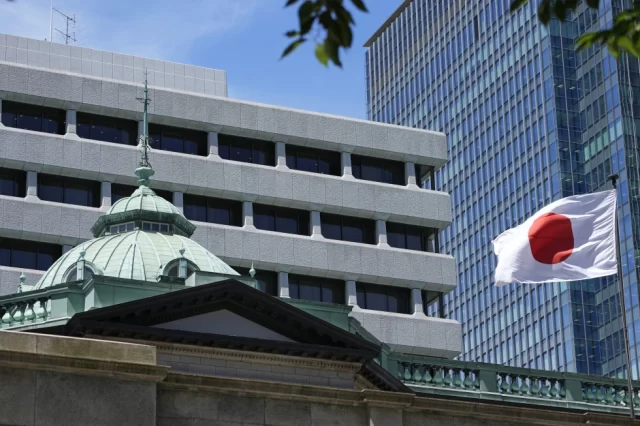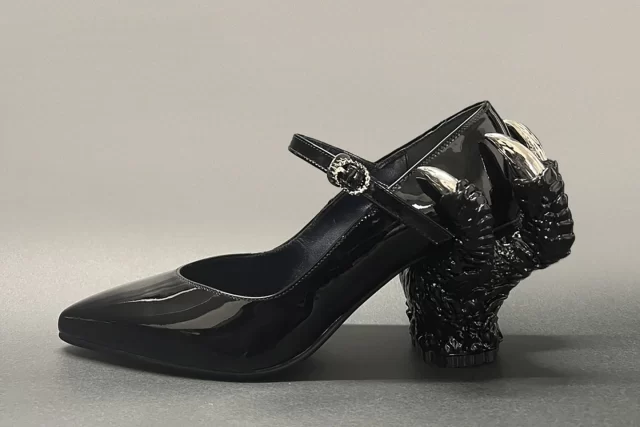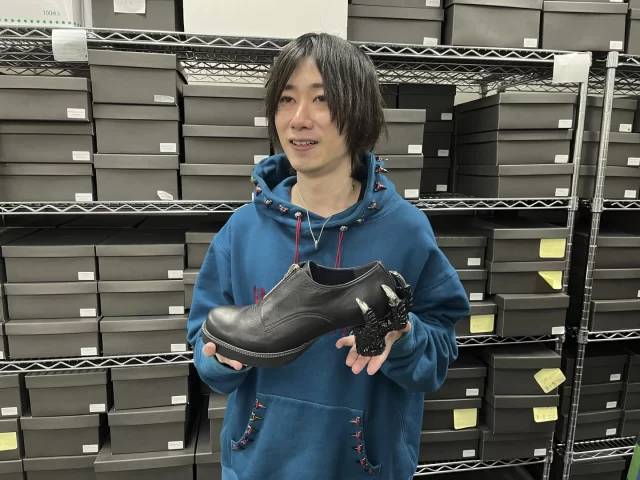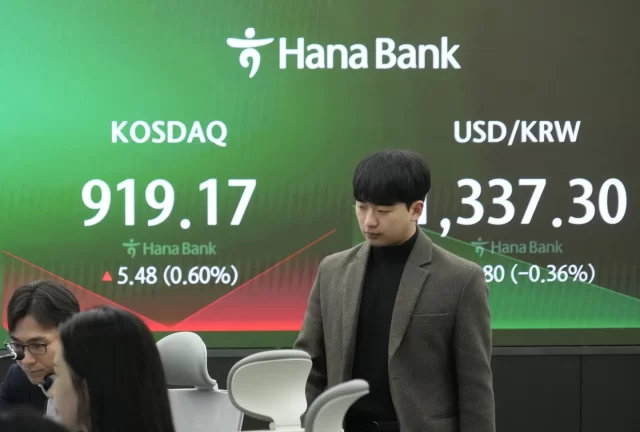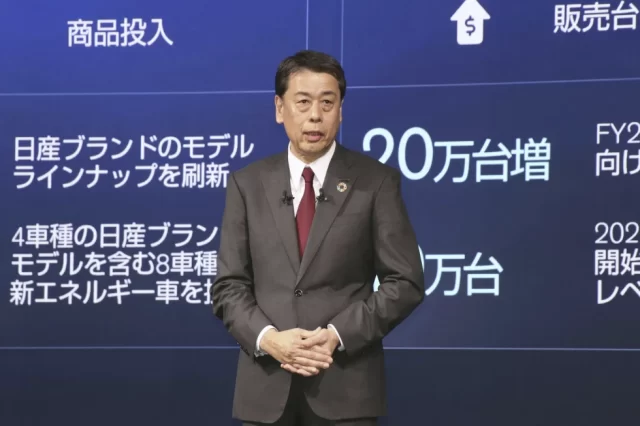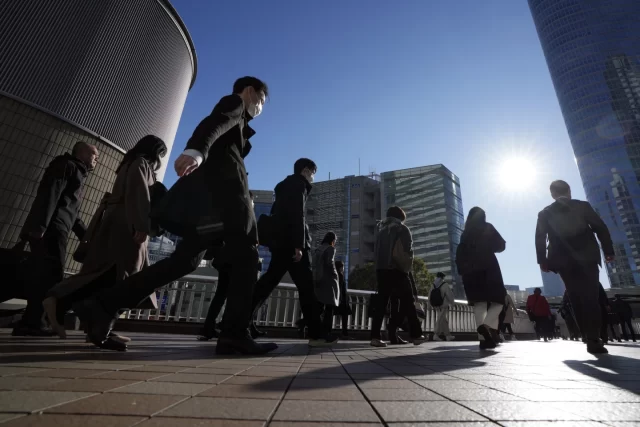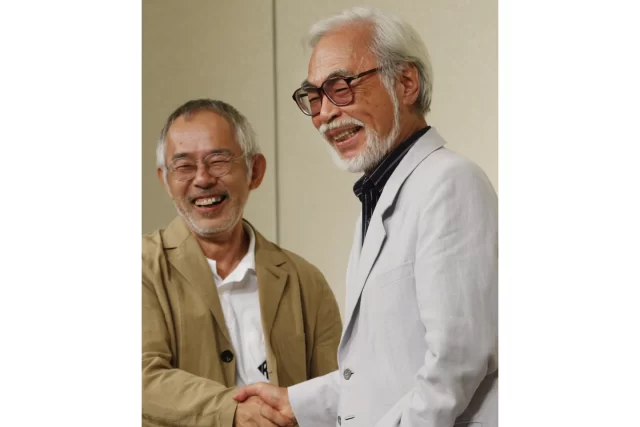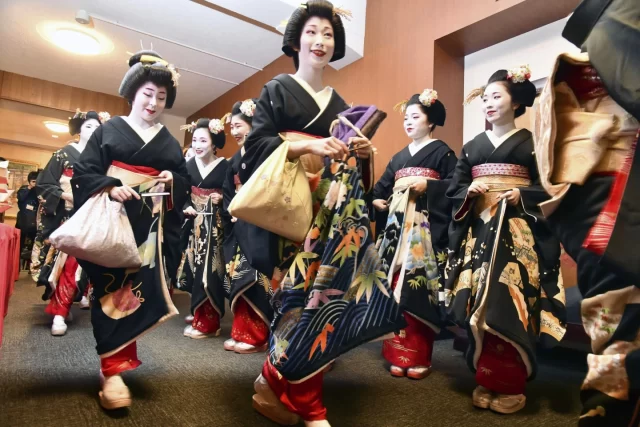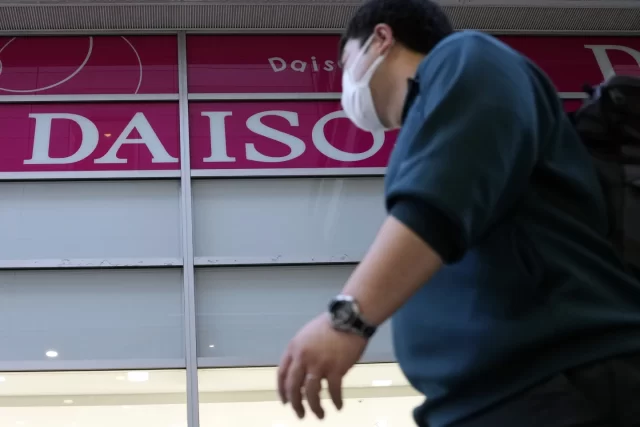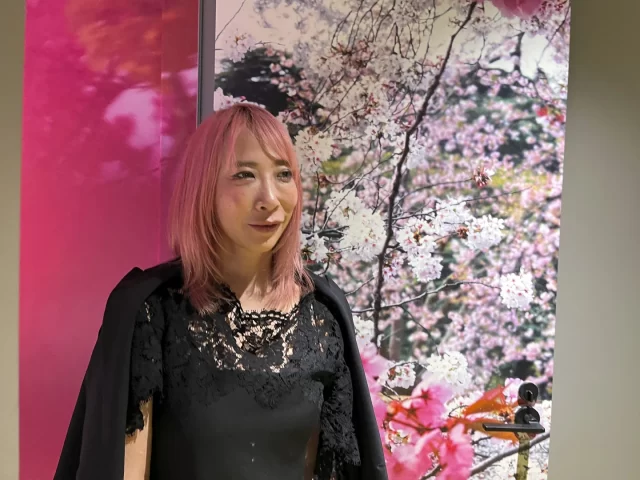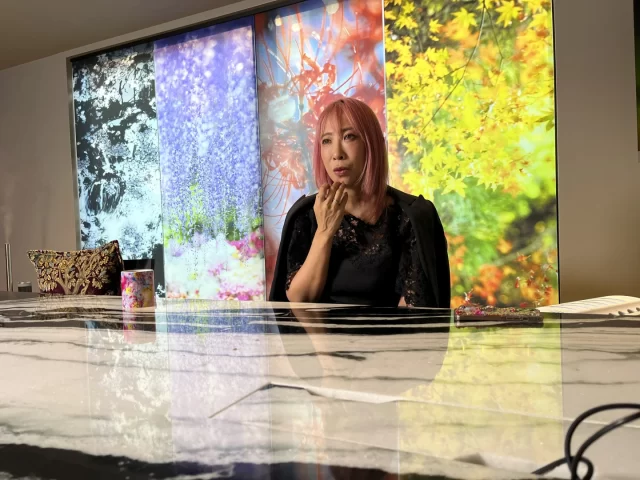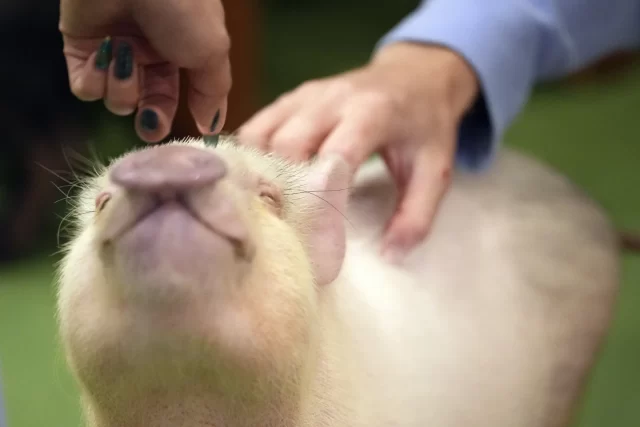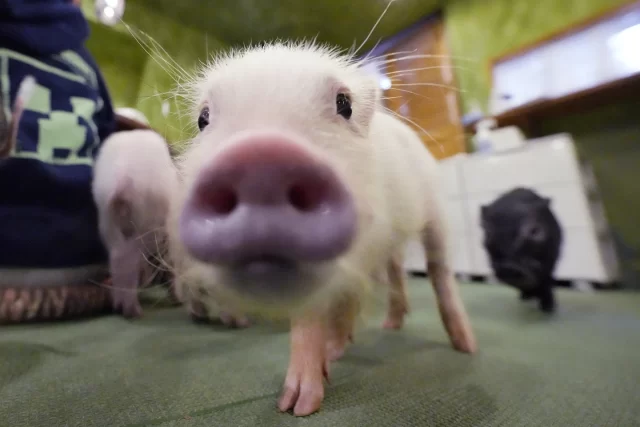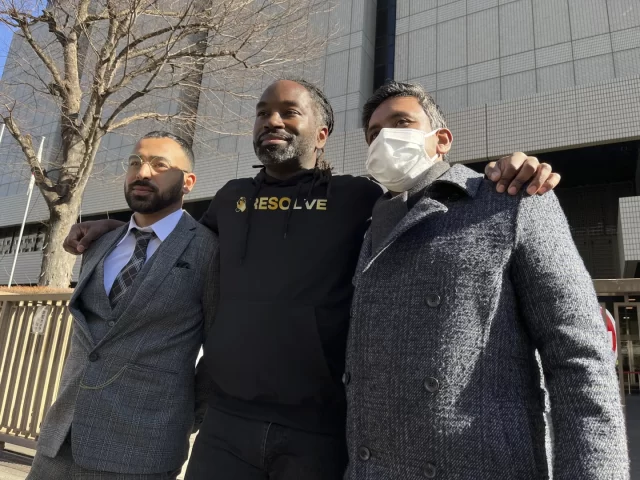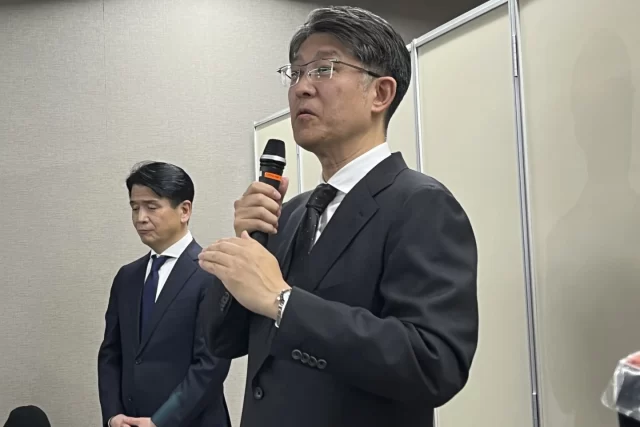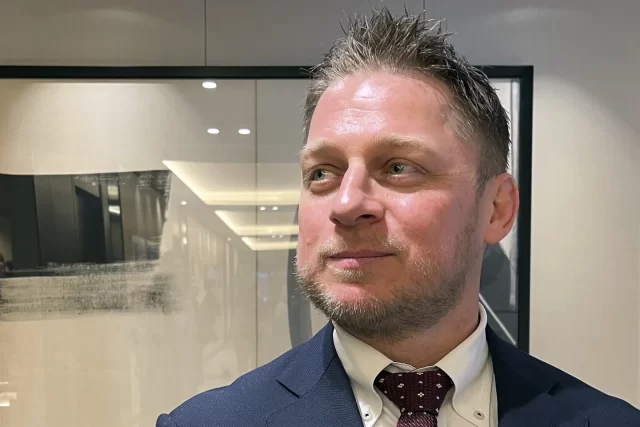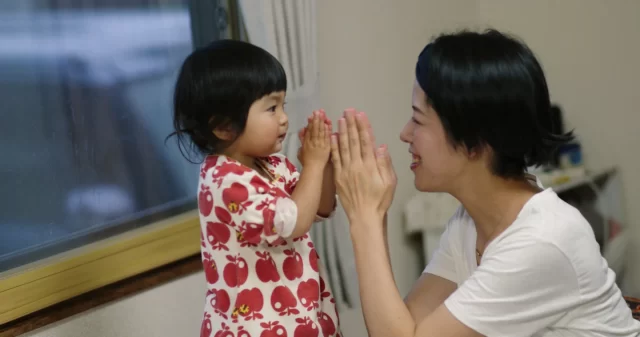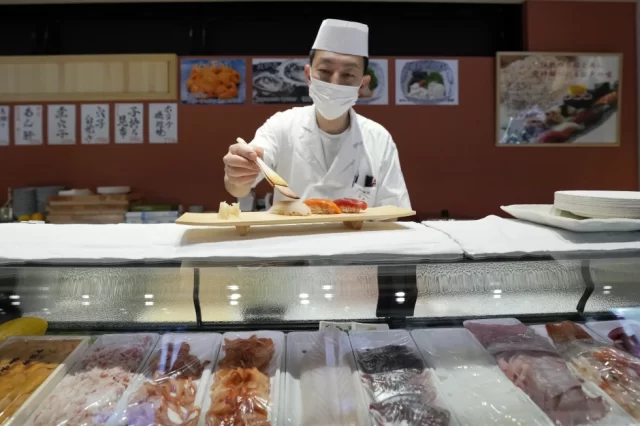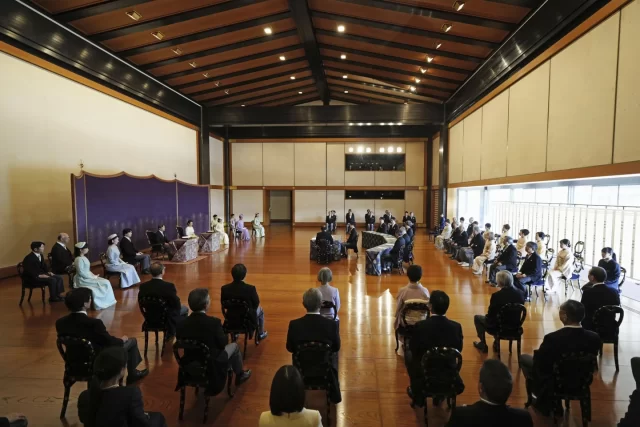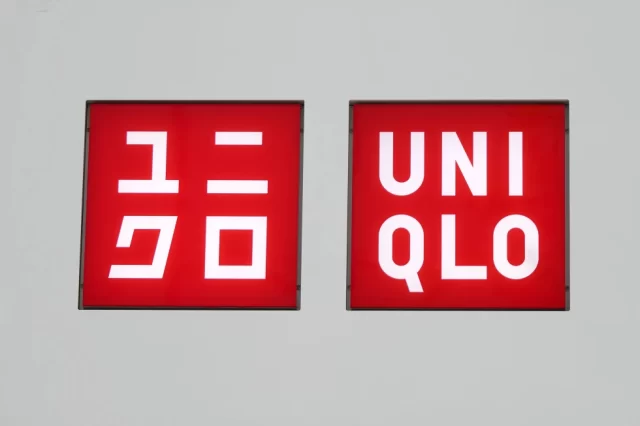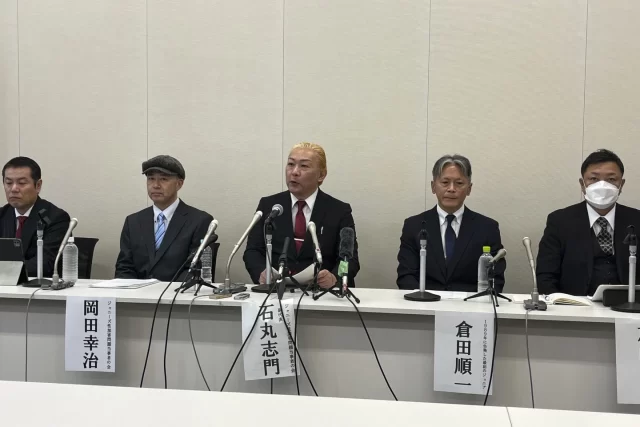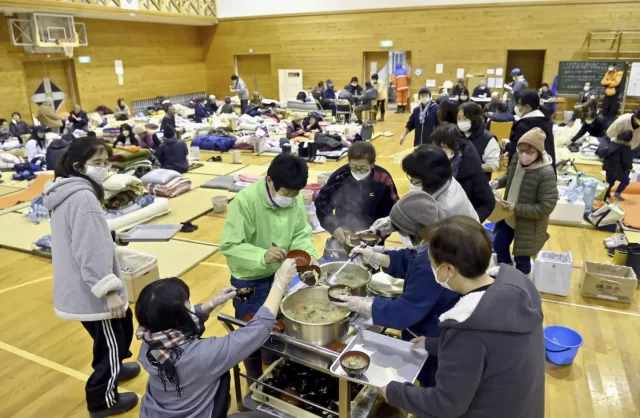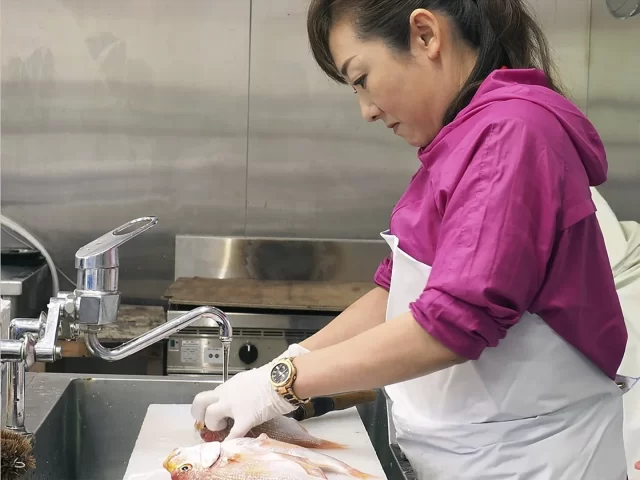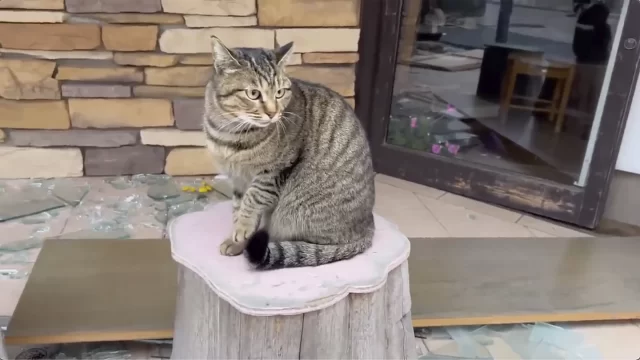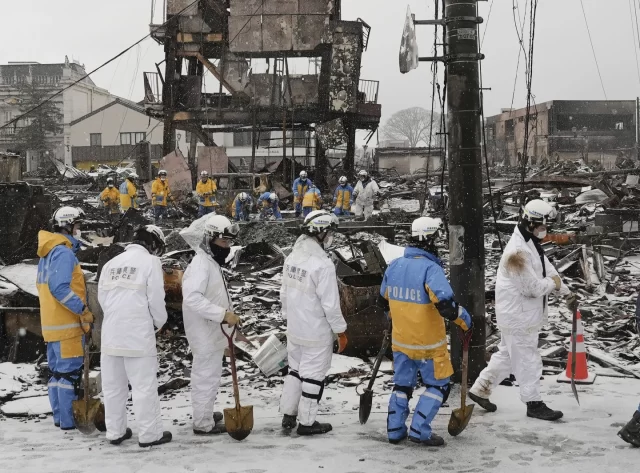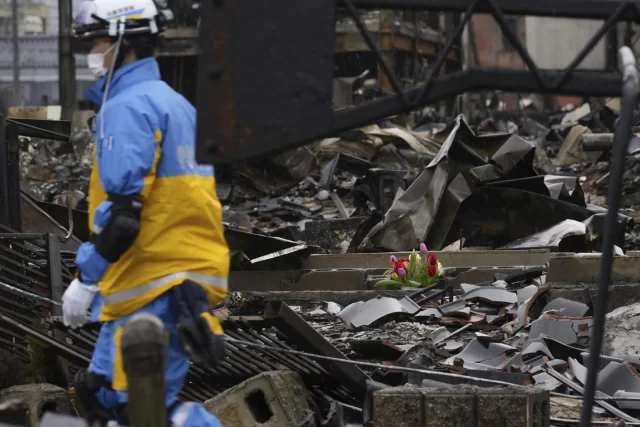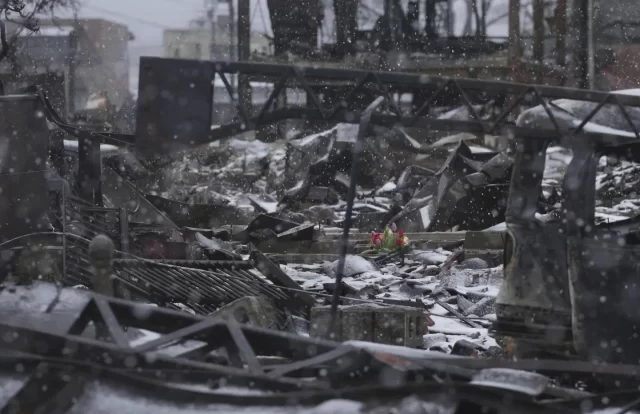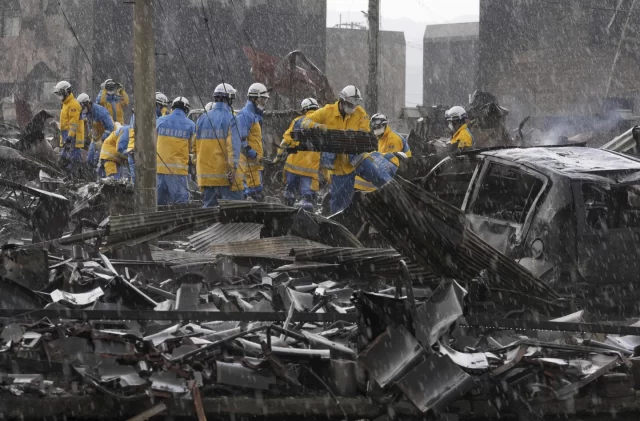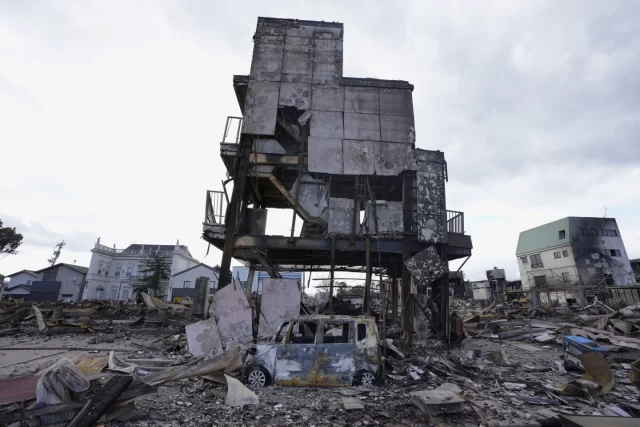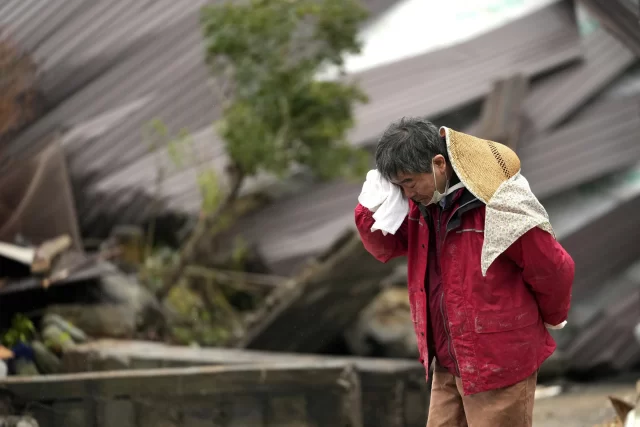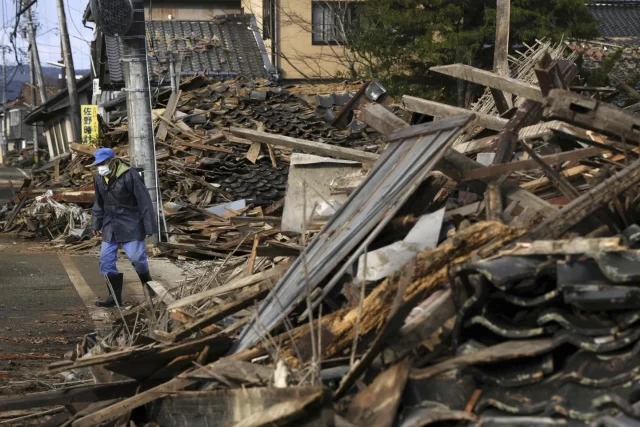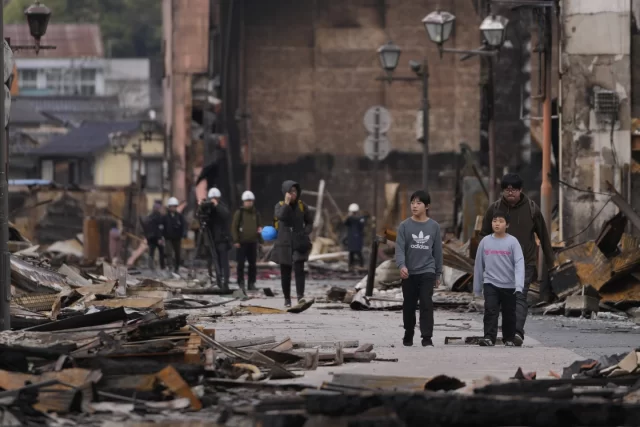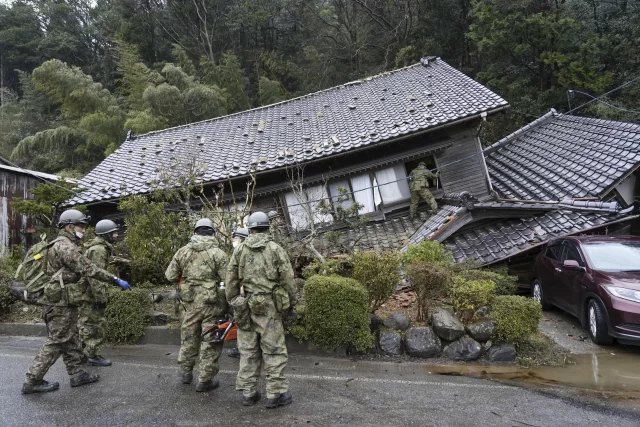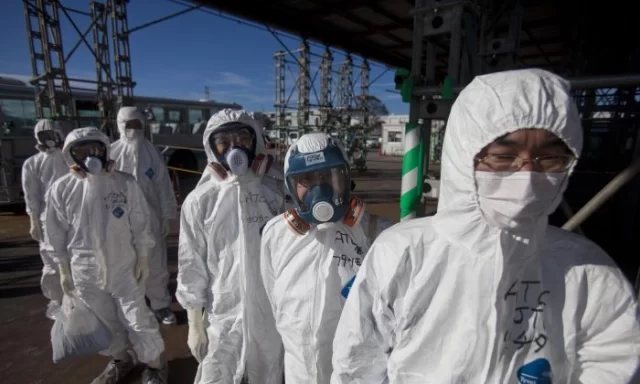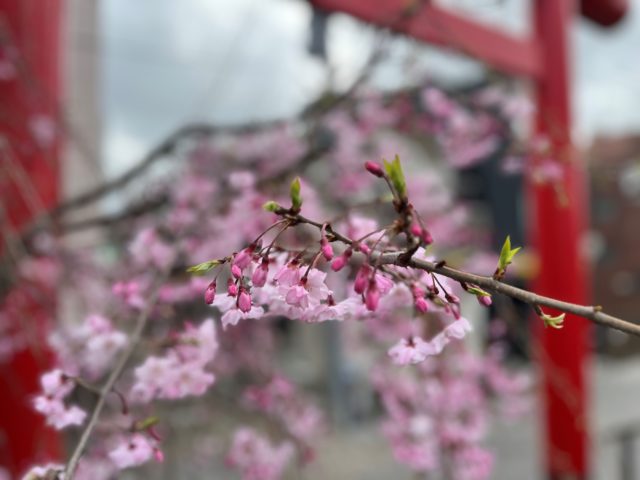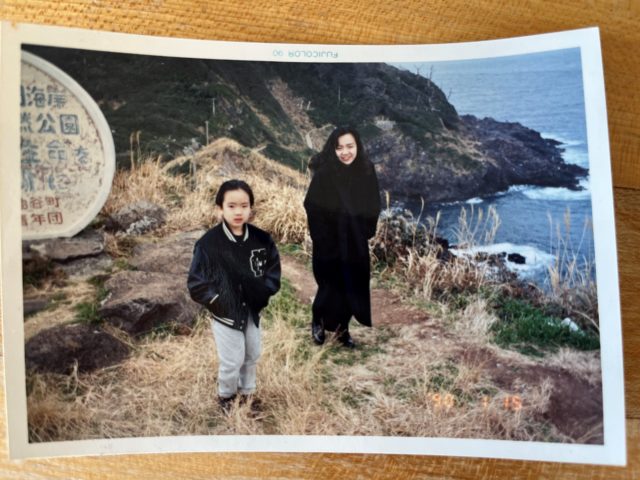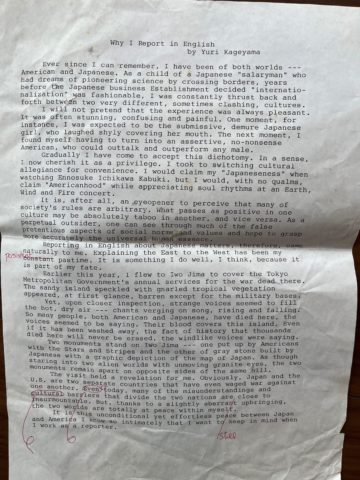
Our journey continues. Clich here for the first part of our journey. Below is where we pick up, from May through July 2024. The odd number installments are by Osaki Haniya and the even numbers are by yours truly. The theme is supposed to be “love,” although, as always, we go all over the place.
RENSHI
A poetic collaboration Part Two
By Osaki Haniya and Yuri Kageyama
連詩 第2弾
1
あなたと交わるのは
薄く大気が身動きする砂塵のあわい
雨と風と時が
廃墟の親和性を完成してくれる
そうだったね
徐々に思い出していくよ
倦んだ傷口と解剖メスの
刹那の痛み
白灰色の泥絵の具に
厚塗りの膠を重ねて
2
Native American Wisdom as Told by Urie Bronfenbrenner
A hip bone defect
Runs down family lines;
When they become warriors,
Some born
Can’t go riding
Can’t go hunting;
A brave white scientist
Maps out Blood
Lineage
Crooks and crannies,
Buried in Genes;
No child will ever be born again
With a hobbled spine,
No such child will be born again
The brave white scientist is excited
“I have figured this all out,” he says;
“I know. I know.”
But all the wise chief does
Is shake his head,
Deep pools of knowing
Beneath the eagle feathers,
And he says these Words
That say it All:
“We believe in Love.
We believe in Love.”
3
よく眠りなさいと言った母の声も届かない遠方に来て
無(なるもの)への郷愁など持ったこともなく
久しぶりに新古今和歌集を開いている
ーー草枕 旅寝の人は 心せよ
有明の月も かたぶきにけり
辻を回ると養源院
異国の共犯者が作り上げた不在の輪郭に惹かれ
苦痛と憐れみと嫌悪感と
程よく煽られる感情の臭気と
あなたの所在を見失っても
迷うことはできないと知る退屈さと
4
(With introduction and music playing Al Green’s “Let’s Stay Together)
I, I’m so in love with you
Whatever you want to do
Is alright with me
Cause you make me feel so brand new
And I want to spend my life with you
I bury the body, bloated and sagging,
Fat fingers that no longer hold
5
あなたの身振りに習うなら
臨床的良心によって射ち、つらぬき
微細な歪みを調合しなおし
名付け
印を彫り
忘却の漆喰から奪い取るでしょう
on Friday night, May 31th CE714
北海を渡ってタイン川へ向かう船室に り戻
紅茶が運ばれてくるまで眠った
すべては襖 の黄金のなか絵
あなたのノックで、やがて
夜の salutation が始まる
6
Romeo and Juliet in Kabuki
Where there was a Balcony is a River divide
Star-crossed lovers flee in the dark
Clinging to each other like souls driven mad
Chikamatsu writes of Double Suicide
Puppets more human in frenzied destiny
And Shakespeare simply asks:
Wherefore art thou?
7
偏愛する友人たち
娘たちが眠りに就くころ
荒れた穂先を尖らせる
風に解けだす辰砂
ペルシャ赤
スペイン赤
答えを求めているわけではないけれど
私は信仰を持たないままです
8
The homeless guy in my neighborhood who is always reading just got a new cute tiger puppet he keeps perched on his cart.
It looks like he washed it recently. It looks so perky.
Today, he had a new wand with a pink pony on it.
You found these?
I wasn’t sure what to expect. Some homeless people aren’t very friendly.
But this guy just looked bewildered. Then he said: You can have it.
It broke my heart.
No, that’s yours.
He has nothing.
And he was going to give me his new toy.
9
白象図
展開部はアレグロ・アッサイ
白色の下塗りが
微かに足音を響かせ
次第に高まり
^
火や花々
産声を上げるディ・モルトを け抜
それから不意に行く手を遮った
^
耳の砂
砂の匂い
夥しいマティエールの間で脚を開き
ゆっくりと押し付けてくるあなたの舌
^
聞き取れない声で呼ぶ
強暴な、母の名
^
風が吹く
引っ掛けるのだ
呼びとめ
伝えてほしいって
^
心配しなくていいんだよって
何かを欲しがったことなど
一度だってないんだよって
^
黒みがかった灰色の
黒ほとんど黄金色の
白象図
^
あなたは描き
ねじり
吊り下げる
^
此処から向きを える
変どちらかといえば少し歪んでいるあなたの肩
そこから遠く海が眺められる
^
なんという静けさだろう
幾つになったのとか
あのとき言っただろうことの意味を考えていた
^
何度もあなたは立ち止まる
そこだけ積もった冷気を吐き出しながら
*俵屋宗達『白象図』
10
Today inside Tokyo’s pristine acoustics
Of Meguro Persimmon Hall
A Japanese cellist played
Ryuichi Sakamoto’s score for
Bernado Bertolucci’s “The Sheltering Sky,”
Love-torn and blistered by the Morocco sand,
An Africa covered with flies, indigenous yelps,
Fevers that derange:
If Sakamoto was inspired by Debussy
And Debussy was inspired by Asian music,
Has it all come back
Full circle?
Gone
Around this vast complicated War-ravaged ready-to-crack World
To settle quietly
As that tiny ache
Inside our chest?
To be near hurts
To be far hurts, too
Love simply hurts
To live hurts
To die hurts
Love simply hurts
Watching you die
Hurts even more
Love simply hurts
To know you hurts
To have known you hurts
Love simply hurts
But to not know you
Not hurt for you
Is simply not a choice
Love simply hurts
Love simply hurts
Love simply hurts






















